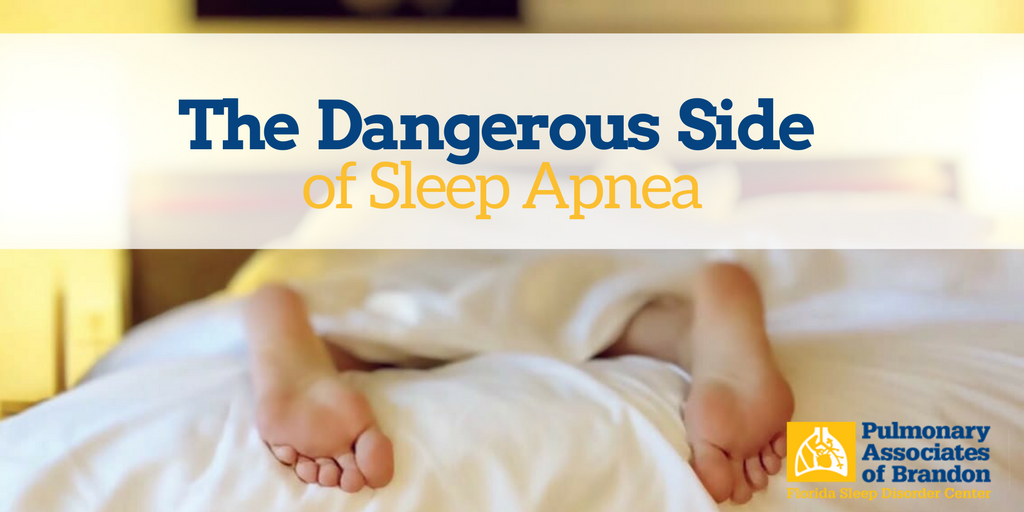Sleep apnea is a very serious sleep disorder that interrupts how you breathe during sleep, but sleep apnea treatment options are available. When you stop breathing, your brain and body do not get enough oxygen. People with obstructive sleep apnea often snore through the night, even more than the average person snores. These people don’t know how to stop snoring and will probably keep other family members awake. Unfortunately, an annoyed spouse is the least of their problems.
The most common type of sleep apnea is caused by a blockage in the airway. Often, the soft tissue in the back of the throat collapses while breathing at night. Another type of sleep apnea is Central Sleep Apnea, which is when the brain fails to signal the muscles to breathe when you are sleeping.
The symptoms of sleep apnea include sore, dry throat, loud snoring, lack of energy, headaches, mood changes and insomnia. Left untreated, you could face some serious health risks including diabetes, high blood pressure, heart disease, weight gain, asthma, and acid reflux. Pulmonary Associates of Brandon offers several treatment options for patients suffering from sleep apnea depending on type and severity.
Here are some of the dangers of sleep apnea:
High Blood Pressure and Heart Disease
Obstructive sleep apnea causes high blood pressure due to hormonal changes in the body. Lack of oxygen at night contributes to increased levels of hormones. Individuals with high blood pressure that are treated for sleep apnea, will often see improved symptoms and often reduce their need for blood pressure medications.
When obstructive sleep apnea occurs, it directly impacts your heart’s functionality. The lack of oxygen when being woken up, causes increased stress on the heart. This stress can lead to a stroke or heart attack over time.
Type 2 Diabetes and Weight Gain
Not getting enough sleep causes the body to not process insulin properly, which is why sleep apnea is often linked to Type 2 Diabetes. Being overweight often leads to symptoms of sleep apnea. This is because excess weight can result in fatty deposits forming in your neck, which makes it hard to breathe. It is estimated about 40% of those with sleep apnea also have diabetes.
When you have sleep apnea, the body often releases the hormone ghrelin. This hormone makes you crave sweets and sugar and also inhibits your body’s ability to burn food correctly and turn it into energy. When you treat sleep apnea it can lead to more energy and weight loss.
Free Download: First Sleep Apnea Treatment Appointment Checklist
Acid Reflux and GERD
Acid reflux disease is very common in people that have sleep apnea. When these individuals are sleeping, their throat opens and closes in a way that is not ideal. As air flows in and out during the night, it can cause symptoms of GERD. The pressure sucks the contents of the stomach back into the esophagus causing heartburn which is an initial symptom of GERD. Weight loss often helps relieve the symptoms of reflux as a result of sleep apnea, but when you treat the sleep disorder, you could kill two birds with one stone.
Mood Disorders and Headaches
Lack of sleep from sleep apnea can cause frequent headaches in the morning. If you’re waking up every morning with a pounding headache, it will undoubtedly cause your moods to become erratic. You may get angry or feel like crying over nothing, and who could blame you? Sleep is integral to emotional stability which is why sleep apnea can impact how you function every day.
Contact The Florida Sleep Center or Pulmonary Associates of Brandon for a sleep evaluation and study if you believe that you’ve been suffering from symptoms of sleep apnea. Our sleep center in Brandon can diagnose your condition and help you on the road to good health. Our doctors offer treatments including behavior modification, surgery, CPAP treatment, medications, and oral/dental devices, but our physicians can help you determine the best option for you. Learn more today.

